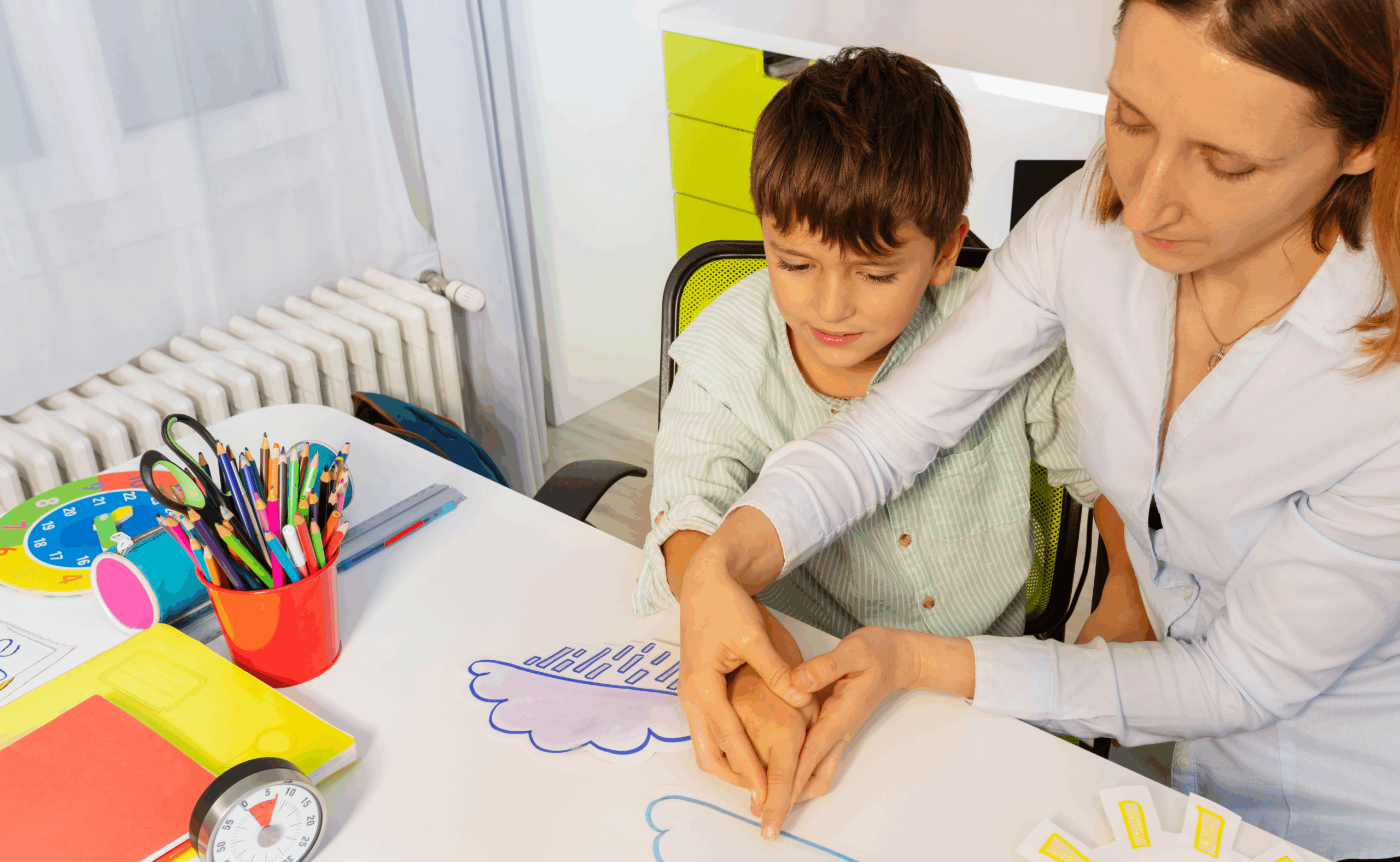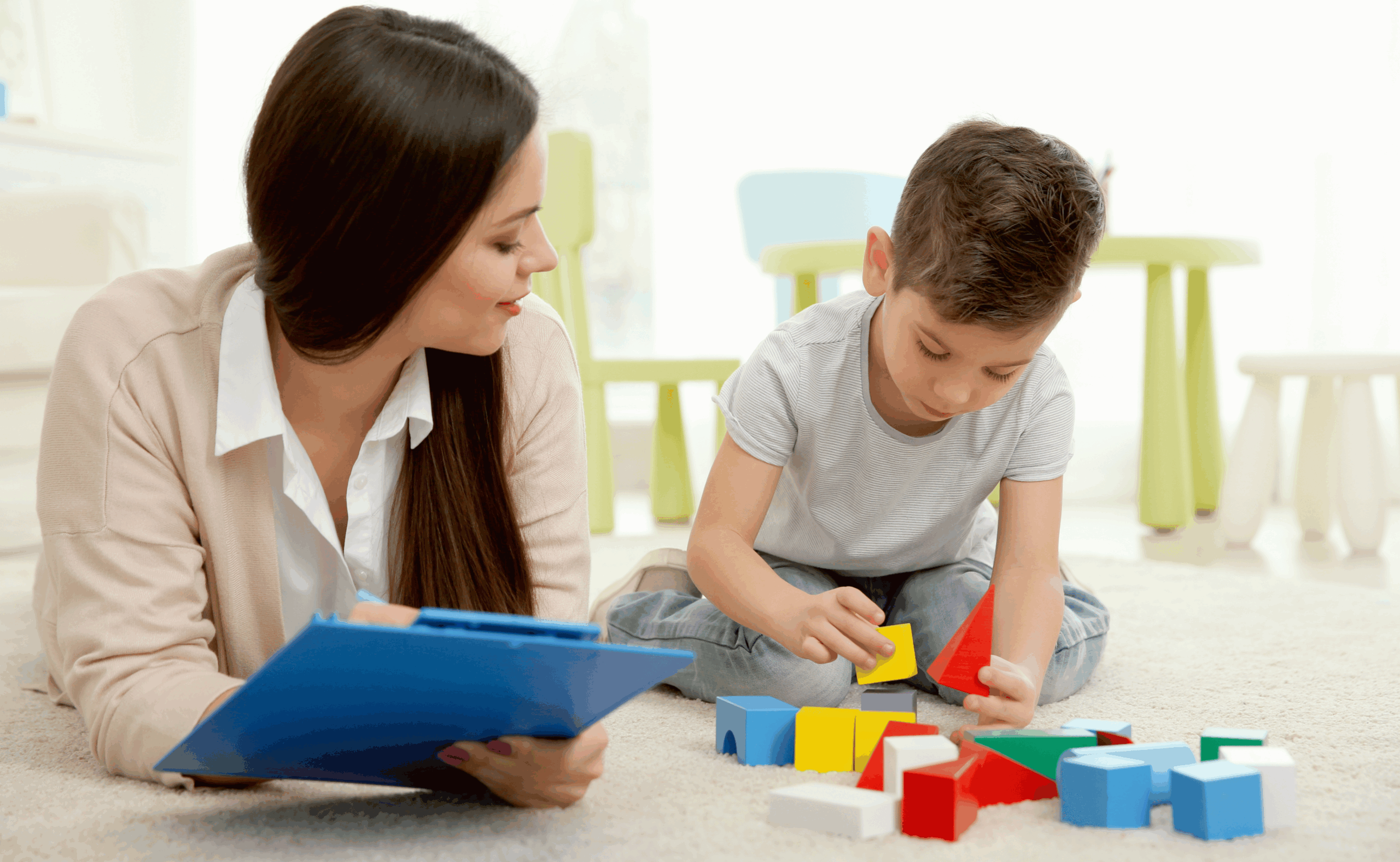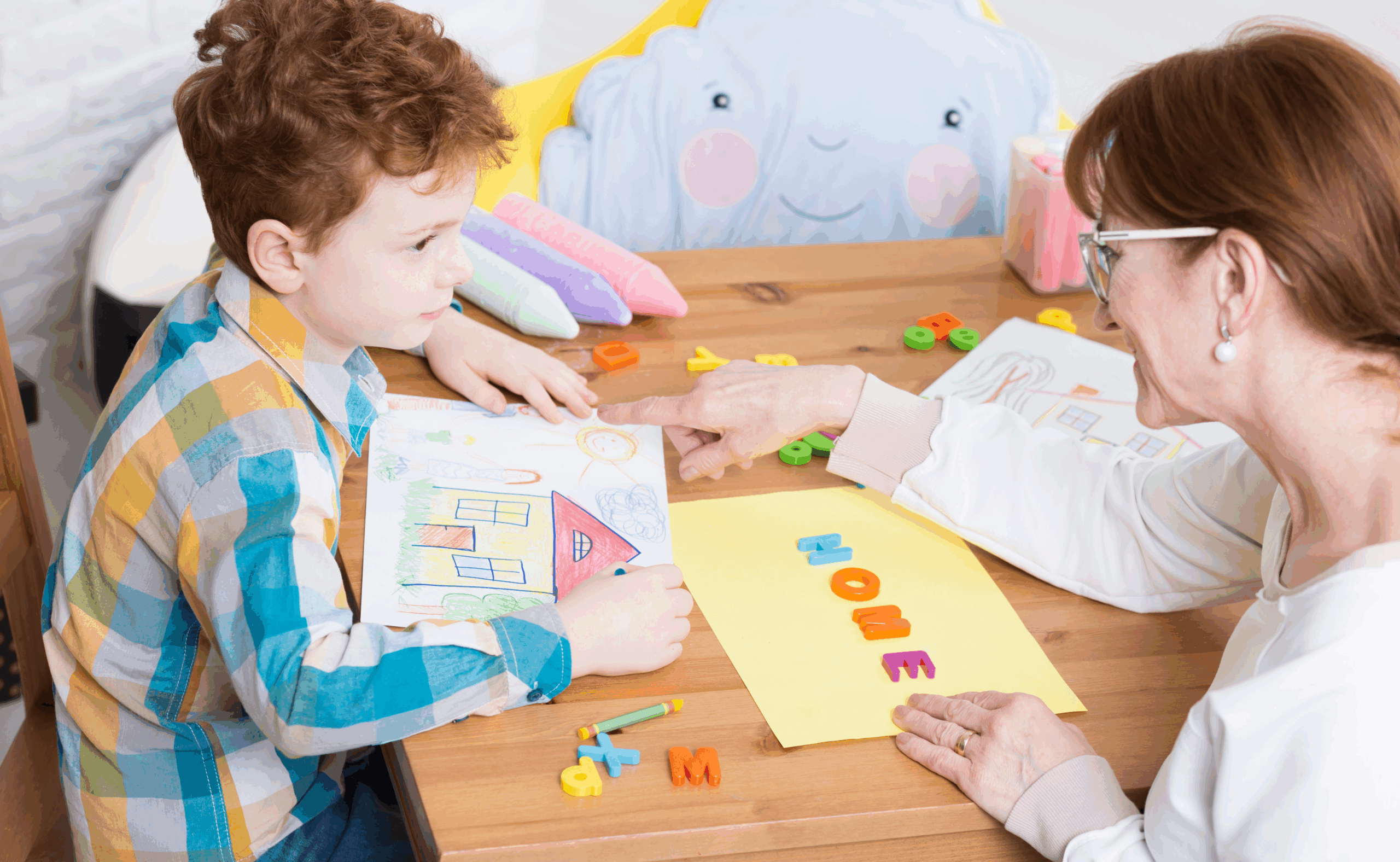Table of contents
1 What is Permissive Parenting?
2 How is Permissive Parenting different from other styles of parenting?
2.1 Permissive Parenting vs. Authoritarian Parenting
2.2 Permissive Parenting vs. Uninvolved Parenting
2.3 Permissive Parenting vs. Authoritative Parenting
3 Examples/Characteristics of Permissive Parenting
4 Effects of Permissive Parenting?
4.2 More prone to delinquency and substance abuse
4.3 Poor emotional intelligence
5 How to change permissive parenting
5.1 Use the carrot-and-stick method
5.3 Give your child more responsibilities
Permissive parenting is one of the 4 main parenting styles identified by psychologist Diana Baurmrind. Studies have shown that permissive parents result in self-involved, and irresponsible children and adults.
So what is permissive parenting, are you a permissive parent, and how do you correct this behavior?
What is Permissive Parenting?
From the term itself, Permissive Parenting is a style where parents “permit” their child to do whatever they want to do.
It is when a parent is highly responsive, meaning is quick to show and shower affection, but does not demand anything from the child. They are described as loving, kind, and nurturing but are unreasonably lenient and indulgent that they spoil their children to an extreme extent.
Permissive parents view themselves as more of a friend than a parent, thus, are not forced to have mature behavior.
Instead of guiding them and setting rules and restrictions for their child to follow, they allow their child to figure it out for themselves.
They don’t discipline their child and expects little of them. Similarly, if their children perform poorly socially or in school, it is always the fault of other people.
How is Permissive Parenting different from other styles of parenting?
Permissive parenting is one of the four main parenting styles. The other three are Authoritarian, Authoritative, and Uninvolved. The main differentiators are the level of responsiveness and demand. This is best illustrated as a matrix with 4 quadrants as presented below.
The X-axis is the level of responsiveness (the rightmost is most responsive, while the leftmost is least responsive), while the y-axis is the level of demandingness (topmost is most demanding and the bottom is the least demanding).
Permissive Parenting vs. Authoritarian Parenting
In the upper left quadrant is Authoritarian (also called Helicopter parenting) style of parenting is described as a parenting style that has high demands but is least responsive. This is about demanding complete control over a child without listening or hearing out their opinions.
Authoritarian parents are very strict as their rules are absolute. They dictate what they want their children to do, how, and when to do it, without giving much appreciation. Some Authoritarian parents see their children as possessions that need to bring them a good image. Therefore, failure is not an option and will not be tolerated.
It may sound harsh, but it is not all that bad. Authoritarian parents may act like this because they want the best for their child and that since they are older, they know more than anyone the right course of action. However, children, when not given affection, tend to misunderstand and most of the time, rebel more.
In adult life, research confirmed that authoritarian parenting has a negative effect on children’s mental health
This is the complete opposite of Permissive parenting since permissive has low demand but high responsiveness, while authoritarian requires high demand and low responsiveness
Permissive Parenting vs. Uninvolved Parenting
In the lower-left quadrant is Uninvolved parenting. Also called neglectful parenting, this style is similar to permissive where there is low demand. But unlike permissive, uninvolved parenting is characterized by low responsiveness, meaning they are indifferent and simply neglect their child’s needs or desires beyond the basic requirements of food, shelter, and clothing.
Uninvolved parents are more focused on their own needs and desires rather than their children. They lack or have little emotional attachment.
While in some instances, being uninvolved parents force children to do well in school and in life to gain approval and attention from their parents, this is rarely the case.
Permissive Parenting vs. Authoritative Parenting
In the upper right quadrant is Authoritative parenting. This is the preferred parenting style amongst the four. Based on studies, children that are raised using the authoritative parenting style are more disciplined and more sociable.
Authoritative parents are responsive to their child’s needs and desires but maintain check and balance. They set limits and restrictions while allowing their child to create and explore.
They reward good behavior and conduct by showing love and affection, all while encouraging them to do more. However, authoritative parents don’t tolerate bad behavior and will punish their children for acting out of control. While they correct behavior, they validate emotions.
They ask their children for opinions concerning them but will guide them to choosing the best decision possible.
These are all essential to child development, especially in early childhood. Authoritative parenting style also results in better mental health when children reach adulthood
Kids raised under authoritative parents are more likely to be well-mannered, and well-disciplined and end up successful in life.
Examples/Characteristics of Permissive Parenting
Now that we know how permissive parenting styles differ from other styles. It is best to identify the characteristics of a permissive parent and give certain examples. This way, you can assess if you are being a permissive parent, as self-awareness is the key. Later on, we will give tips and corrective actions you can take if you want to change your parenting style from permissive to authoritative.
There may be a thin line between being permissive and being authoritative? So, how do you know if you are crossing the line to a permissive parenting style? Here are some examples:
- You tolerate your child even when the child is in the wrong
- Having little to no rules, or having rules but applying them inconsistently
- Rewarding your child even when they did wrong
- Not enforcing consequences for bad behavior
- Giving your child the ability to influence major decisions
Here are some of the examples permissive parents do to their children.
- Allowing your child to watch TV even though you said that they are only allowed once the assignment is finished
- Letting your child do chores whenever they only feel like it, and not scolding them when they postpone or forget to do it.
- Giving them what they want just because they are crying.
Some don’t want to be permissive but are “forced” to do so because of certain circumstances. Don’t worry, parents have gone through that. If you committed some or all of this, it’s not too late.
What is important is treating your child as a young adult and explaining to them why such behavior will not be tolerated further, and that such behavior will have serious consequences.
You’ll be surprised how many setting expectations and communicating it will affect your children.
Effects of Permissive Parenting?
Studies have found negative effects on a child that is raised by permissive parents. Since permissive parents tend to allow their children to do whatever they want, they are not used to rules and discipline and don’t develop grit and perseverance.
Some of the effects are:
- Lack of self-discipline and self-regulation
- Lack of self-esteem
- Feeling of entitlement
- Being irresponsible and unaccountable
- Lack of boundaries
In addition, several studies have found evidence-based negative effects of permissive parenting such as:
Poor Decision-Making
Parenting styles affect how children approach decision-making, either by how they see the world, or by who they ask for opinions when making relevant decisions. One study found that children raised by permissive parents (along with authoritarian and uninvolved parents) go to peers for moral and informal decision-making.
More prone to delinquency and substance abuse
Children are also prone to delinquency and substance use and abuse when raised by permissive parents. One research article even found that parent-child gender match increases the level of impulsiveness – increases the level of control processes and indirectly influences alcohol use and abuse.
Poor emotional intelligence
Children raised under the permissive parenting style have poor social skills and low emotional understanding. Researchers found that permissive parenting negatively influences the development of emotional intelligence since it limits “challenging emotional experiences and the extent to which parents directly facilitate emotional growth”.
Poor academic achievement
Researchers found that children raised by permissive parents are more academically entitled, resulting in the increased perceived press and poor mental health.
How to change permissive parenting
Changing your parenting style may be difficult both for you and your child. For you, it may seem neglectful if you start imposing consequences, and limiting responsiveness. For your child, since he/she has been used to that kind of relationship with you, they may start throwing more extreme tantrums and requesting more demands.
It is important to know where permissive parenting is in the quadrant. It is high responsiveness and low demands. Thus to change your parenting style, it is important to convert low demands into high demands.
The following may help you to become more authoritative to your child
Use the carrot-and-stick method
This means that you give incentives for good behavior and set consequences for bad ones. An example would be to allow your child to play video games once homework is finished, or take video games away because of poor grades.
Reduce responsiveness
While it is ok to shower your child with love and affection, smothering your child may make them feel that they can get away from everything. Rewards are good but spoiling is bad for your child.
So when a child cries for not getting what they want, instead of giving in, try explaining why he/she can’t have it.
Give your child more responsibilities
This goes beyond doing chores. By giving them ownership to certain tasks, they learn the meaning of being accountable to tasks and responsibilities. This also gives the impression that you trust your child, therefore, teaching them the sense of accomplishment early on.
Create clear rules
Establish rules that are easy to understand, and communicate consequences when they break it. Explain why such rules exist, rather than just telling them to just follow them. Children tend to follow rules that they understand.
Key takeaway
While every child is different, it pays to impose rules and consequences. Permissive parenting, while giving the sense of unconditional love, has more negative than positive outcomes.
The good thing is, permissive parents already have high responsiveness, thus, the only step that needs to be taken is to increase the demand you get from the child.
Don’t worry. It’s ok to be strict and impose rules. Remember, these are for your child’s benefit after all and set them up for success.
It is also important to choose a learning environment where your child is raised under an authoritative parenting style. We at Clever Bee can help. Learn more about how our teachers and daycare professionals will take care of your child’s needs by visiting our contact page or calling our hotline.







